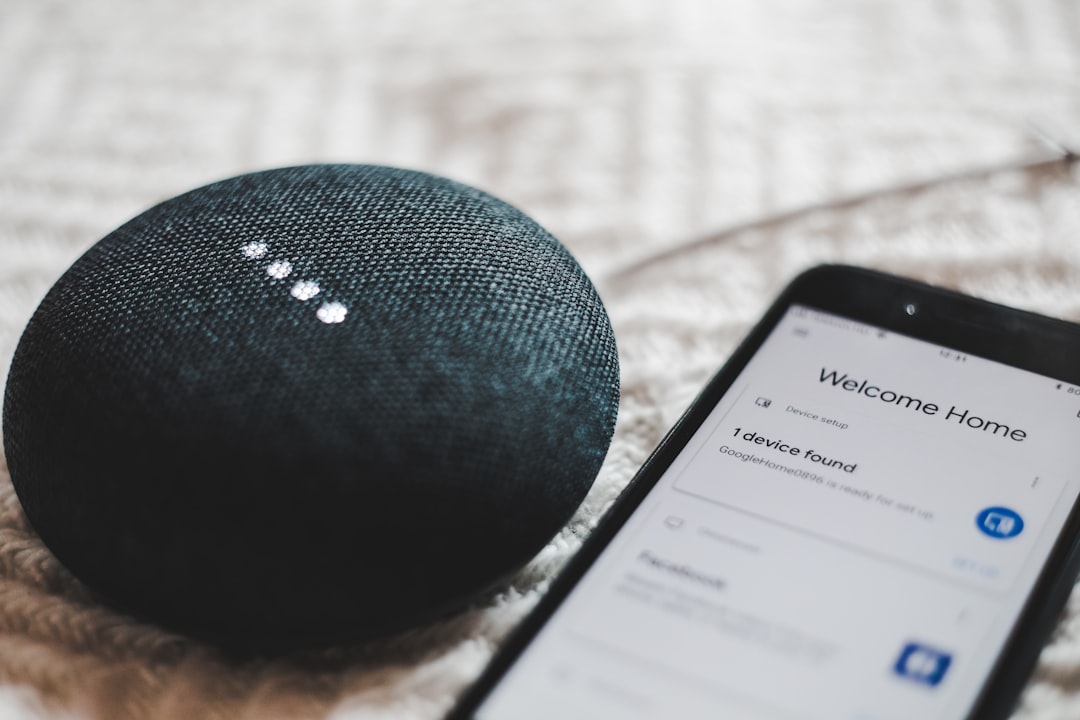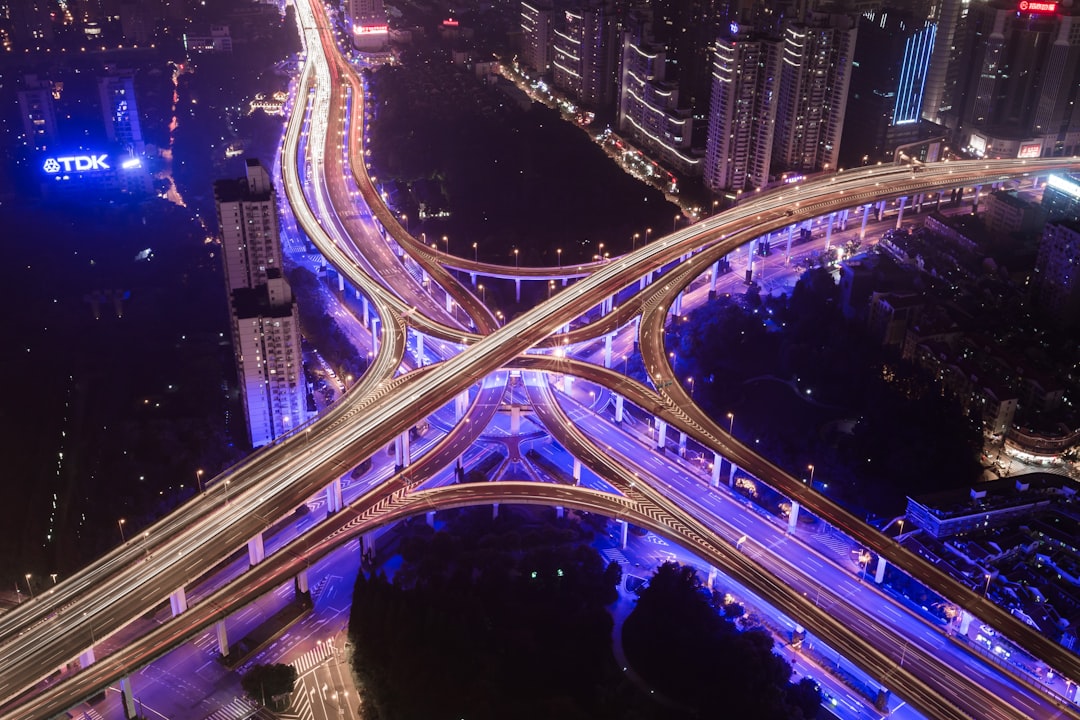The Internet of Things (IoT) is revolutionizing the way we live, work, and interact with the world around us. It refers to the interconnectedness of everyday objects, devices, and systems through the internet, allowing them to collect and exchange data. From smart home automation to industrial applications, the IoT is transforming various sectors, enhancing efficiency, and opening up new possibilities.
The IoT ecosystem comprises physical devices, sensors, connectivity infrastructure, data storage, and analytics. These interconnected elements enable devices and systems to communicate, collaborate, and make informed decisions based on the data collected.
One of the first sectors to harness the potential of the IoT is healthcare. With the integration of IoT devices, healthcare providers can remotely monitor patients’ vital signs, track medication adherence, and ensure timely intervention in case of emergencies. This not only improves patient care but also reduces healthcare costs and hospital visits.
IoT-enabled wearables, such as fitness trackers and smartwatches, play a crucial role in promoting proactive health management. These devices monitor various metrics, including heart rate, sleep patterns, and physical activity, providing valuable insights to help individuals make informed decisions about their health and well-being.
In the industrial sector, the IoT is driving significant advancements in areas such as manufacturing, logistics, and supply chain management. IoT-enabled sensors and devices automate processes, monitor equipment performance, and optimize resource utilization. This leads to improved productivity, cost savings, and enhanced safety.
Industrial IoT solutions also enable predictive maintenance, where sensors monitor equipment conditions and detect potential failures in real-time. By identifying issues before they escalate, businesses can minimize downtime, optimize maintenance schedules, and avoid costly repairs.
The IoT is also transforming cities into smart, sustainable ecosystems. Through the deployment of IoT sensors and connectivity infrastructure, cities can collect data on traffic patterns, energy consumption, waste management, and more. This data-driven approach allows city planners and policymakers to make informed decisions, optimize resource allocation, and enhance the quality of life for residents.
Smart city initiatives leverage IoT technologies to improve transportation systems, reduce energy consumption, and enhance public safety. For instance, intelligent traffic management systems can detect traffic congestion and adjust signal timings to optimize traffic flow. Similarly, smart energy grids can monitor electricity usage and distribute power efficiently, reducing wastage and lowering costs.
While the IoT brings immense benefits, it also raises concerns regarding security and privacy. With billions of devices connected to the internet, the potential for cyber threats and data breaches increases exponentially. It is crucial to implement robust security measures, including encryption, authentication, and regular software updates, to safeguard IoT devices and networks.
Moreover, the collection and storage of vast amounts of personal data by IoT devices raise privacy concerns. Clear policies and regulations must be in place to protect individuals’ data rights and ensure responsible data management by the companies and organizations implementing IoT solutions.






